Web 3.0
Blockchain technology enabled Web 3.0; "the next era of the internet"
dApps & Web 3.0
The advent of smart contracts on blockchains like Ethereum ushered in a new era of decentralized applications (dApps). These applications operate on decentralized networks, shifting control from central authorities to a community of users. Unlike traditional applications, dApps are governed by preset rules encoded in software, ensuring transparency and reducing the risk of manipulation. This paradigm shift allows contributors to a network to gain ownership, embodying the principles of decentralization and democratization.
Web 3.0, often referred to as the next era of the internet, enhances user interaction by enabling users not only to read and write content but also to own a part of the network. This ownership model incentivizes participation and rewards users for their contributions, creating a more equitable digital ecosystem. Web 3.0 represents a significant departure from the centralized control prevalent in Web 2.0, fostering a more decentralized, user-centric internet.

dApps & Web 3.0

The advent of smart contracts on blockchains like Ethereum ushered in a new era of decentralized applications (dApps). These applications operate on decentralized networks, shifting control from central authorities to a community of users. Unlike traditional applications, dApps are governed by preset rules encoded in software, ensuring transparency and reducing the risk of manipulation. This paradigm shift allows contributors to a network to gain ownership, embodying the principles of decentralization and democratization.
Web 3.0, often referred to as the next era of the internet, enhances user interaction by enabling users not only to read and write content but also to own a part of the network. This ownership model incentivizes participation and rewards users for their contributions, creating a more equitable digital ecosystem. Web 3.0 represents a significant departure from the centralized control prevalent in Web 2.0, fostering a more decentralized, user-centric internet.
Decentralized Finance
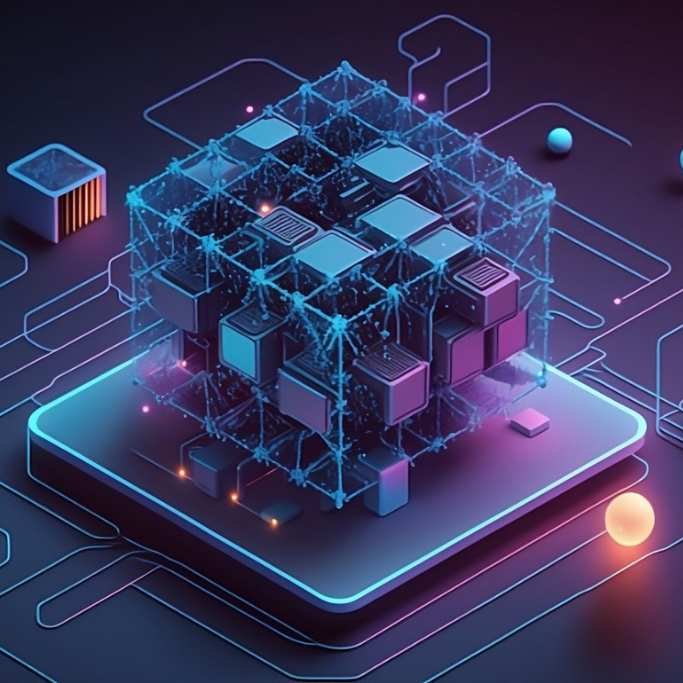
Decentralized Finance (DeFi) is one of the most impactful applications of blockchain technology. Emerging as one of the first highly adopted dApps, DeFi seeks to disrupt traditional finance (TradFi) by offering financial services without intermediaries like banks. DeFi platforms provide a range of services, including lending, borrowing, trading, and earning interest, all managed by smart contracts. This decentralized approach reduces costs, increases transparency, and broadens access to financial services.
The rise of DeFi has introduced new financial paradigms, challenging the dominance of traditional financial institutions. By leveraging blockchain technology, DeFi applications enable peer-to-peer transactions, enhancing financial inclusivity. Users can engage in complex financial activities without relying on centralized entities, embodying the true spirit of decentralization. The DeFi revolution is reshaping the financial landscape, offering a glimpse into a more open and accessible financial system.
Decentralized Finance

Decentralized Finance (DeFi) is one of the most impactful applications of blockchain technology. Emerging as one of the first highly adopted dApps, DeFi seeks to disrupt traditional finance (TradFi) by offering financial services without intermediaries like banks. DeFi platforms provide a range of services, including lending, borrowing, trading, and earning interest, all managed by smart contracts. This decentralized approach reduces costs, increases transparency, and broadens access to financial services.
The rise of DeFi has introduced new financial paradigms, challenging the dominance of traditional financial institutions. By leveraging blockchain technology, DeFi applications enable peer-to-peer transactions, enhancing financial inclusivity. Users can engage in complex financial activities without relying on centralized entities, embodying the true spirit of decentralization. The DeFi revolution is reshaping the financial landscape, offering a glimpse into a more open and accessible financial system.
Decentralized Autonomous Organizations
Decentralized Autonomous Organizations (DAOs) are entities governed by smart contracts and community consensus rather than centralized leadership. DAOs operate on blockchain networks, enabling decentralized decision-making processes. Members of a DAO vote on proposals, and decisions are executed automatically by smart contracts. This structure promotes transparency, accountability, and community involvement.
Some of the best-known DAOs include MakerDAO, which governs the DAI stablecoin, and Uniswap, a decentralized exchange protocol. These organizations aim to democratize governance, allowing stakeholders to influence the direction and development of the project. DAOs embody the spirit of decentralization, demonstrating how collective decision-making can drive innovation and growth. By removing centralized control, DAOs offer a new model for organizational management in the digital age.

Decentralized Autonomous Organizations

Decentralized Autonomous Organizations (DAOs) are entities governed by smart contracts and community consensus rather than centralized leadership. DAOs operate on blockchain networks, enabling decentralized decision-making processes. Members of a DAO vote on proposals, and decisions are executed automatically by smart contracts. This structure promotes transparency, accountability, and community involvement.
Some of the best-known DAOs include MakerDAO, which governs the DAI stablecoin, and Uniswap, a decentralized exchange protocol. These organizations aim to democratize governance, allowing stakeholders to influence the direction and development of the project. DAOs embody the spirit of decentralization, demonstrating how collective decision-making can drive innovation and growth. By removing centralized control, DAOs offer a new model for organizational management in the digital age.
AI & Big Data
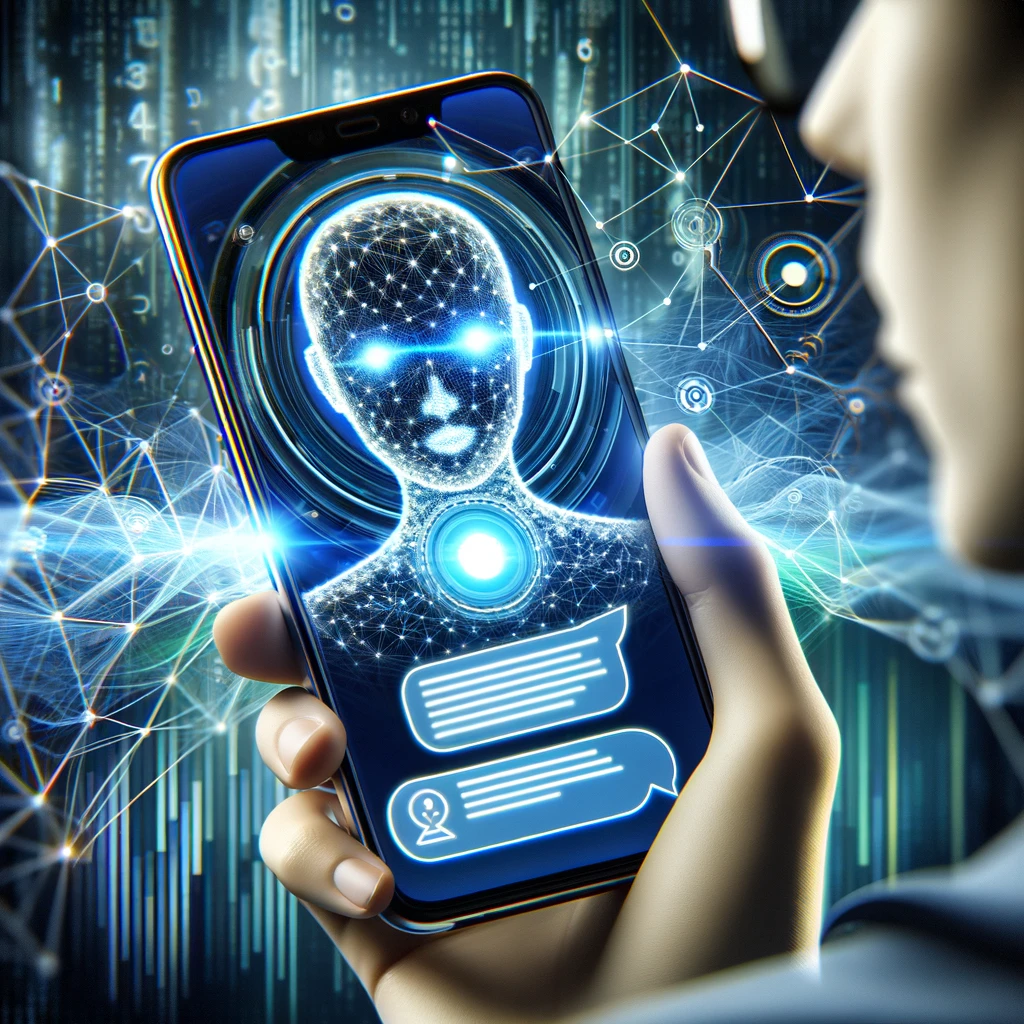
The past few years have seen a rapid rise in interest and investment in artificial intelligence (AI). AI applications, driven by big data, have made incredible progress, leading to significant financial benefits across various sectors. AI relies on vast amounts of data to train algorithms, improving efficiency, accuracy, and decision-making capabilities. However, the centralization of AI and big data poses risks, concentrating power and value in the hands of a few tech giants.
It is crucial that the benefits of AI are distributed more equitably. Decentralized AI projects aim to democratize access to AI technologies, ensuring that the value created does not fall into the hands of a few companies, as happened with the internet. By decentralizing data ownership and AI development, these projects strive to create a more balanced digital ecosystem where the rewards of technological advancements are shared more broadly.
AI & Big Data

The past few years have seen a rapid rise in interest and investment in artificial intelligence (AI). AI applications, driven by big data, have made incredible progress, leading to significant financial benefits across various sectors. AI relies on vast amounts of data to train algorithms, improving efficiency, accuracy, and decision-making capabilities. However, the centralization of AI and big data poses risks, concentrating power and value in the hands of a few tech giants.
It is crucial that the benefits of AI are distributed more equitably. Decentralized AI projects aim to democratize access to AI technologies, ensuring that the value created does not fall into the hands of a few companies, as happened with the internet. By decentralizing data ownership and AI development, these projects strive to create a more balanced digital ecosystem where the rewards of technological advancements are shared more broadly.
Decentralized Social Networks
Traditional social networks have generated immense financial returns, often at the expense of their users. Users create content and generate value, yet they do not receive a fair share of the profits. Decentralized social networks aim to address this imbalance. For example, Nostr is a decentralized, Twitter-like application that allows users to retain control over their data and content. This model ensures that users are rewarded for their contributions, fostering a more equitable social media landscape.
Telegram has also evolved into “The Open Network” (TON), leveraging its vast user base to create a platform where dApps can be distributed to the public. TON aims to provide a decentralized ecosystem for applications, enhancing user control and participation. These decentralized social networks represent a shift towards more user-centric platforms, where the value generated by user content is more fairly distributed.

Decentralized Social Networks

Traditional social networks have generated immense financial returns, often at the expense of their users. Users create content and generate value, yet they do not receive a fair share of the profits. Decentralized social networks aim to address this imbalance. For example, Nostr is a decentralized, Twitter-like application that allows users to retain control over their data and content. This model ensures that users are rewarded for their contributions, fostering a more equitable social media landscape.
Telegram has also evolved into “The Open Network” (TON), leveraging its vast user base to create a platform where dApps can be distributed to the public. TON aims to provide a decentralized ecosystem for applications, enhancing user control and participation. These decentralized social networks represent a shift towards more user-centric platforms, where the value generated by user content is more fairly distributed.
Other Web3 Applications
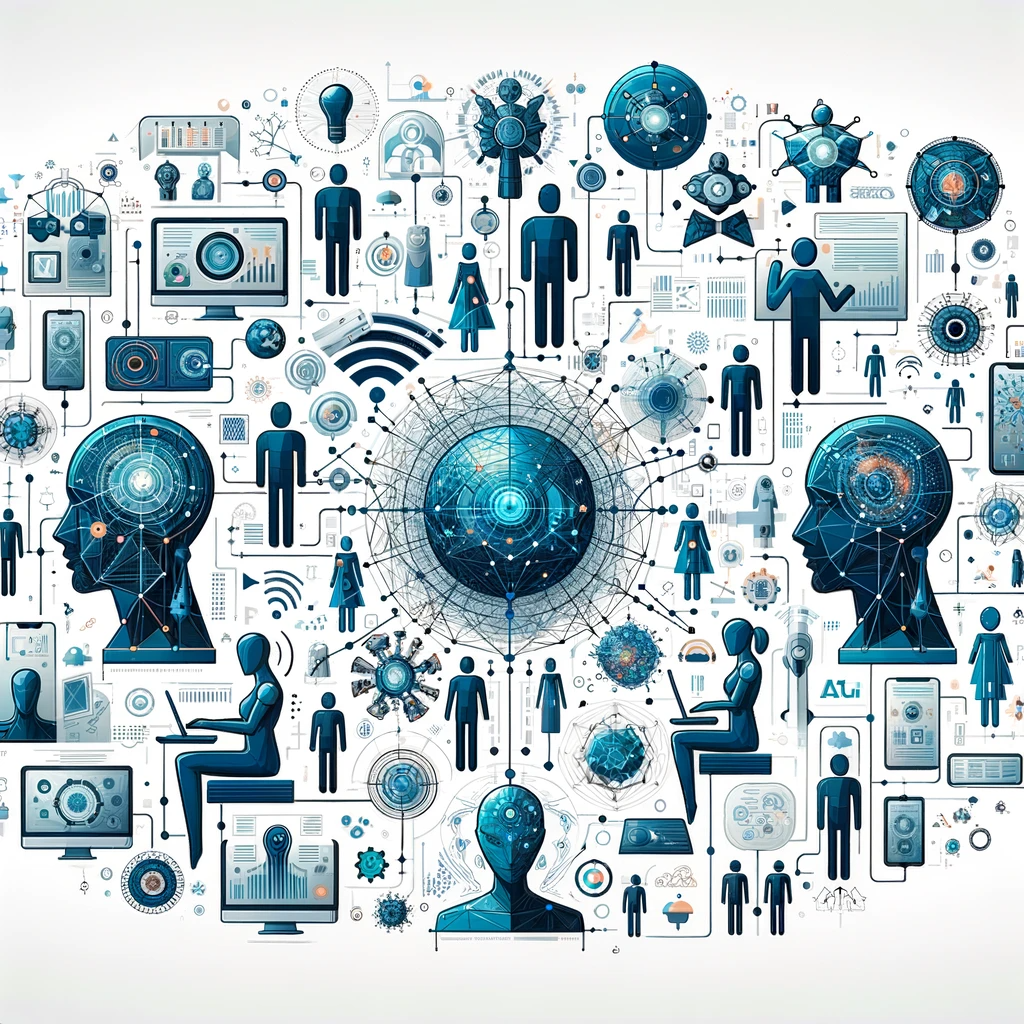
Web3 encompasses a wide array of applications, each contributing to the decentralized digital ecosystem. The Internet of Things (IoT) connects physical devices to the internet, allowing them to communicate and interact in real-time. GameFi combines gaming and decentralized finance, enabling players to earn rewards through gameplay. The Metaverse is a virtual world where users can interact, socialize, and transact in a decentralized environment.
Decentralized Science (DeSci) aims to democratize scientific research and data sharing, while Real World Assets (RWA’s) tokenize physical assets like real estate, making them tradable on blockchain networks. Meme coins, often created as jokes, highlight the community-driven nature of Web3. These diverse applications illustrate the vast potential of Web3, with many more innovations likely to emerge in the future.
Other Web3 Applications

Web3 encompasses a wide array of applications, each contributing to the decentralized digital ecosystem. The Internet of Things (IoT) connects physical devices to the internet, allowing them to communicate and interact in real-time. GameFi combines gaming and decentralized finance, enabling players to earn rewards through gameplay. The Metaverse is a virtual world where users can interact, socialize, and transact in a decentralized environment.
Decentralized Science (DeSci) aims to democratize scientific research and data sharing, while Real World Assets (RWA’s) tokenize physical assets like real estate, making them tradable on blockchain networks. Meme coins, often created as jokes, highlight the community-driven nature of Web3. These diverse applications illustrate the vast potential of Web3, with many more innovations likely to emerge in the future.
Influentials

Shermin Voshmgir
Shermin Voshmgir is the founder of BlockchainHub and an expert in decentralized governance and blockchain technology. Her work focuses on the societal impacts and potential of blockchain innovations.

Chris Dixon
Chris Dixon is a general partner at Andreessen Horowitz, where he invests in and supports blockchain and Web3 projects. His insights into the future of the decentralized web are highly influential.

Dan Tapscott
Dan Tapscott is the author of Blockchain Revolution and co-founder of the Blockchain Research Institute. His work explores how blockchain technology will transform industries and society.
Influentials

Shermin Voshmgir
Shermin Voshmgir is the founder of BlockchainHub and an expert in decentralized governance and blockchain technology. Her work focuses on the societal impacts and potential of blockchain innovations.

Chris Dixon
Chris Dixon is a general partner at Andreessen Horowitz, where he invests in and supports blockchain and Web3 projects. His insights into the future of the decentralized web are highly influential.

Dan Tapscott
Dan Tapscott is the author of Blockchain Revolution and co-founder of the Blockchain Research Institute. His work explores how blockchain technology will transform industries and society.
Recommended 2 Read
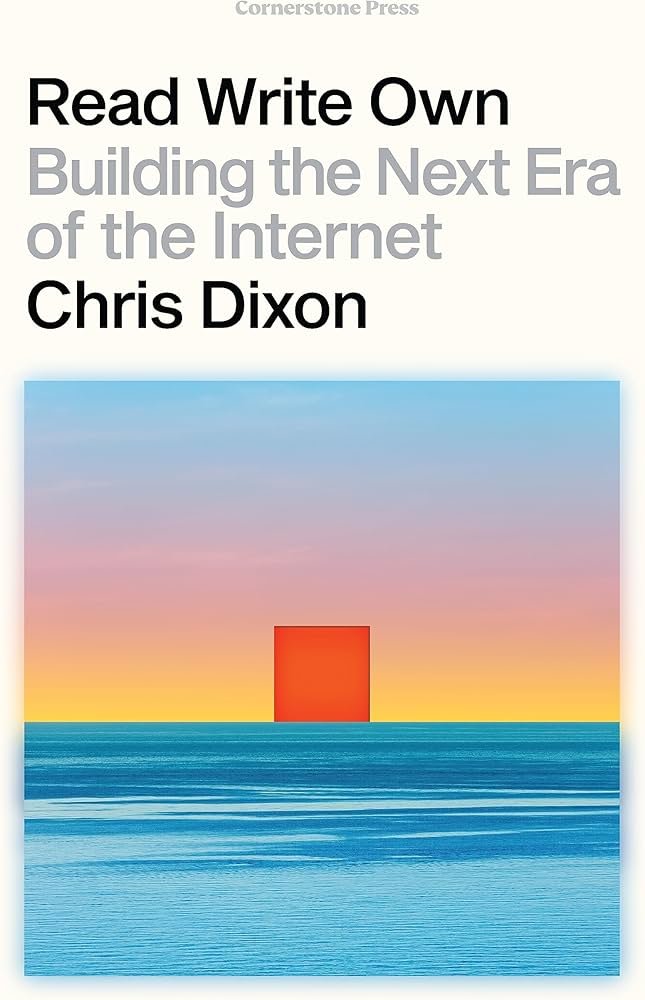
Read Write Own
“Read Write Own” by Chris Dixon takes readers on a journey through the evolution of the internet, from its early days as a platform for information sharing to the emerging era of Web3, where users can truly own their digital assets and data. The book explores the principles of decentralization, blockchain, and the ownership economy, highlighting how these concepts are reshaping the way we interact with the digital world. Through detailed analysis and real-world examples, “Read Write Own” offers a compelling vision of the future internet, where power is more evenly distributed, and individuals have greater control over their digital identities and assets. This book is essential for anyone interested in the next phase of the internet and its potential to empower users and creators alike.
Token Economy
“Token Economy” by Shermin Voshmgir delves into the rapidly evolving world of Web3 and tokenization, exploring how these innovations are fundamentally transforming the internet and the economy. The book provides a thorough introduction to the concepts of decentralized networks, blockchain, and tokens, explaining how they enable new forms of value creation and exchange. Voshmgir discusses the implications of token economies for various industries, from finance and media to governance and beyond. With its forward-looking perspective, “Token Economy” is an essential guide for understanding the new digital economy and how Web3 is poised to revolutionize the way we interact, transact, and create value online.
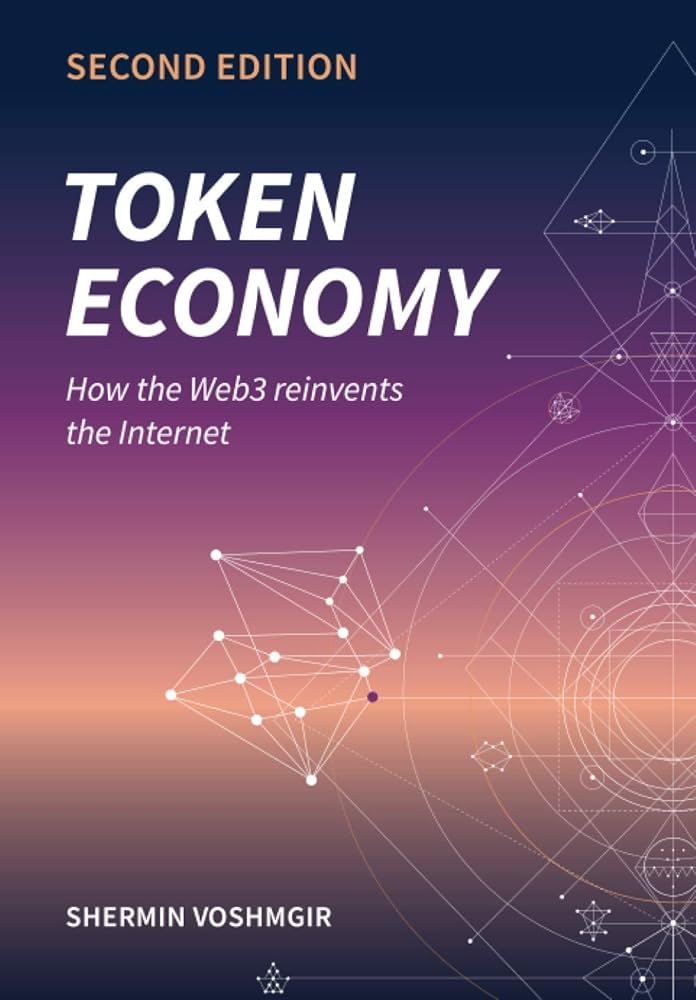
Recommended 2 Read

Read Write Own
“Read Write Own” by Chris Dixon takes readers on a journey through the evolution of the internet, from its early days as a platform for information sharing to the emerging era of Web3, where users can truly own their digital assets and data. The book explores the principles of decentralization, blockchain, and the ownership economy, highlighting how these concepts are reshaping the way we interact with the digital world. Through detailed analysis and real-world examples, “Read Write Own” offers a compelling vision of the future internet, where power is more evenly distributed, and individuals have greater control over their digital identities and assets. This book is essential for anyone interested in the next phase of the internet and its potential to empower users and creators alike.

Token Economy
“Token Economy” by Shermin Voshmgir delves into the rapidly evolving world of Web3 and tokenization, exploring how these innovations are fundamentally transforming the internet and the economy. The book provides a thorough introduction to the concepts of decentralized networks, blockchain, and tokens, explaining how they enable new forms of value creation and exchange. Voshmgir discusses the implications of token economies for various industries, from finance and media to governance and beyond. With its forward-looking perspective, “Token Economy” is an essential guide for understanding the new digital economy and how Web3 is poised to revolutionize the way we interact, transact, and create value online.
Learn more about Web 3.0!
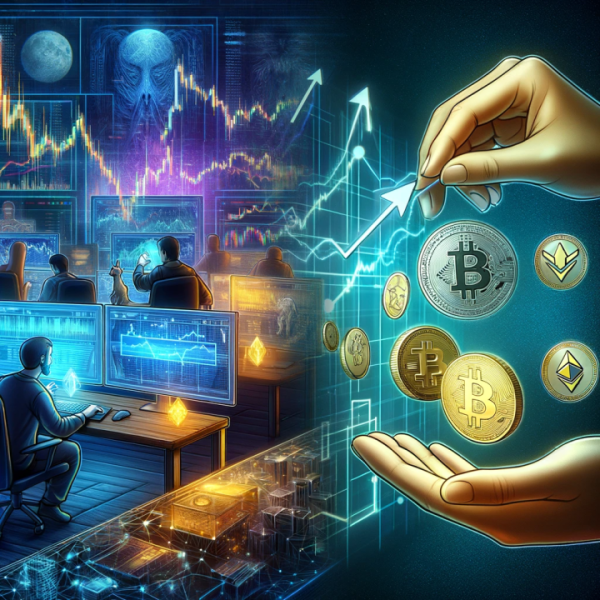
Decentralized Finance
Uncover everything you need to know about one of the first Web3 application, Decentralized Finance.
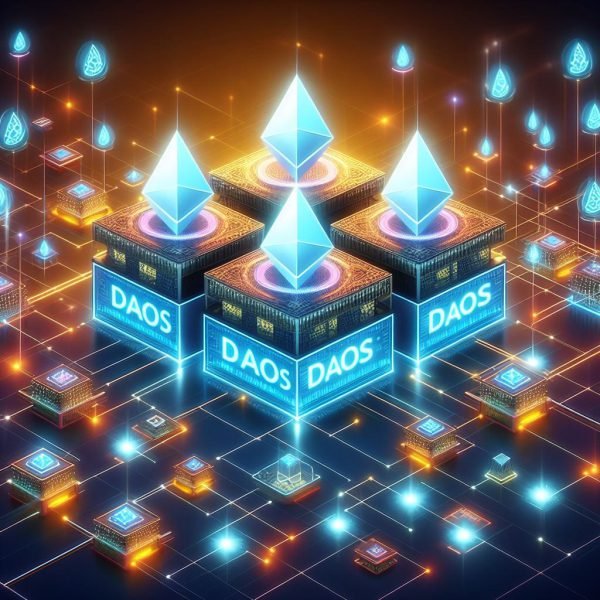
Decentralized Autonomous Organizations
Discover everything you need to know about Decentralized Autonomous Organizations and how they operate.
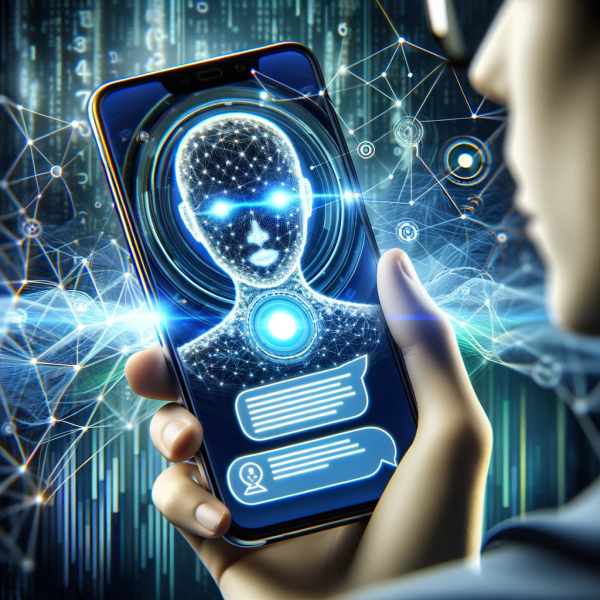
AI & Big Data
Dive deep into the possibilities of AI and Big Data and learn about the applications it can be used for.
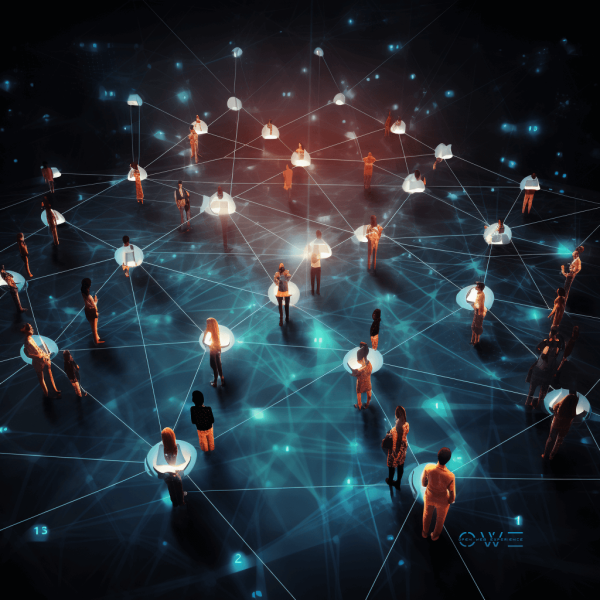
Decentralized Social Networks
Learn more about the rise of Decentralized Social Networks in the blockchain space as they become more popular.
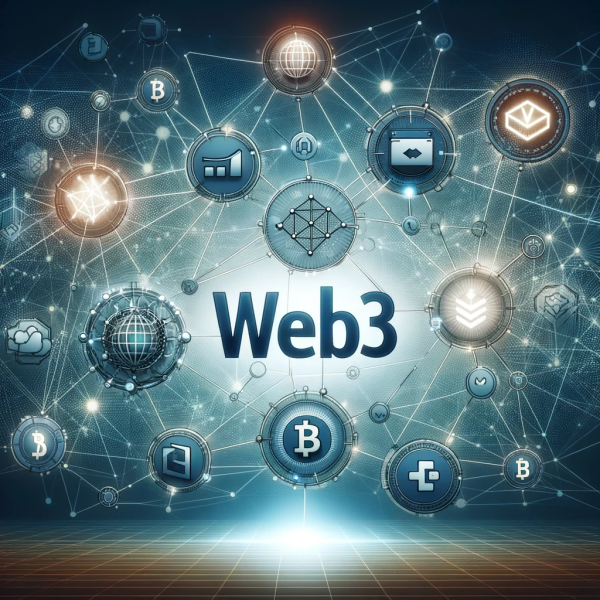
More Web3 Applications
As there are endless possible web3 applications that can emerge, let's explore other well known applications.
Learn more about Web 3.0!

Decentralized Finance
Uncover everything you need to know about one of the first Web3 application, Decentralized Finance.

Decentralized Autonomous Organizations
Discover everything you need to know about Decentralized Autonomous Organizations and how they operate.

AI & Big Data
Dive deep into the possibilities of AI and Big Data and learn about the applications it can be used for.

Decentralized Social Networks
Learn more about the rise of Decentralized Social Networks in the blockchain space as they become more popular.

More Web3 Applications
As there are endless possible web3 applications that can emerge, let's explore other well known applications.
Support us in our mission
The best way to support our mission is to ‘Learn and Tell’ about decentralization. To help us improve our website you can buy the recommend books through affiliate links, watch our content on YouTube or donate Bitcoin on our Lightning wallet address. Learn more below!
Contact us!
Any recommendations about our website, or questions about decentralization or the content provided? Do not hesitate to contact us! You can drop us a message on the contact page or drop us an email at: info@r2decentralization.com